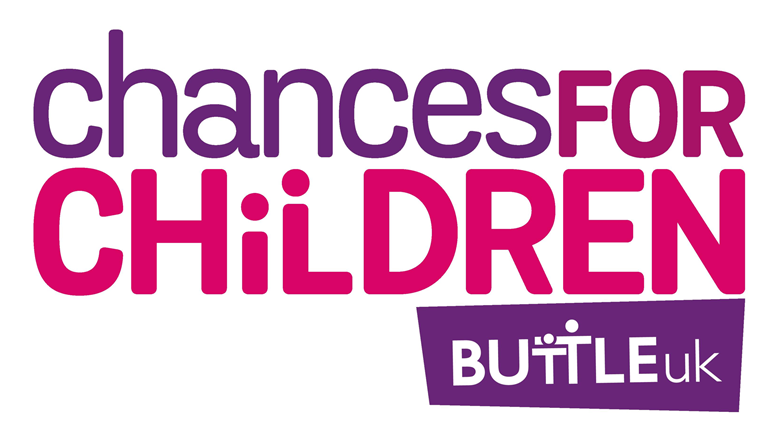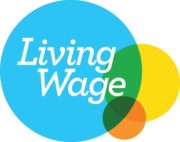Buttle UK response to cost of living increases – Joseph Howes, CEO, Buttle UK
The most vulnerable families – those on low incomes and struggling with a range of social issues such as domestic abuse, mental and physical health problems – have been amongst those hardest hits by the pandemic.
In the first year of the pandemic demand for our grants soared by almost 70%, and have stayed high since.
However, as the challenges of COVID-19 itself may finally be receding, we are seeing inflation creating ongoing pressure on already strained family budgets. The ability to afford something as basic as a bed, clothes and school uniform will become even harder in the months to come, as poverty tightens its grip for many families who are already juggling feeding their children and keeping them warm. If you your budget is only covering essentials, what are you going to cut back on? When you haven’t got anything in the house you have been moved into after fleeing domestic abuse and you’ve got to feed, clothe, and keep your children warm – how do you afford other essentials like a bed, or a fridge? Which, by the way, have all also risen in price as well.
These are choices nobody should have to face in the UK for their children.
Our State of Child Poverty report last year highlighted that whilst children on the lowest incomes have had to deal with the same disruption to schooling, isolation from friends and wider family and the broader anxieties of living through the pandemic as all children have, many are also dealing with trauma brought on by a range of adverse childhood experiences that have been made worse by the COVID crisis. Those living with challenging home situations where there is, for example, domestic abuse or parents have mental health problems, have found their situations getting worse before these inflationary pressures began to impact.
The result for children is a worsening of their own mental health and the ability to overcome the trauma these experiences have created. This in turn has been a factor in widening the education gap. The idea of paying for things like after-school activities – which we know through our Chances for Children grants can be such a cost-effective way of supporting children with their wellbeing – becomes infinitely harder.
The news that the energy price cap will rise by 54%, announced by regulator Ofgem on 3rd February, will on average see bills for customers paying by direct debit with default variable gas and electricity tariffs rise by £693, will take effect in April and follows a 12% rise in October. Those using prepayment meters – around 4.5 million customers – will see a typical increase of £708 to £2,017. Immediately after the announcement, the Chancellor responded by announcing a plan to ease the pressure on households with £350 of support including £200 off energy bills from October – to be repaid over five years from next year – and a £150 council tax discount for households but only those within the A to D bands.
However, new analysis from Joseph Rowntree Foundation finds that, even after the deferral scheme for energy bills and council tax, once the new energy price cap kicks in:
- Families on low incomes will spend on average 16% of their incomes after housing costs on energy bills. This compares to 5% for middle-income families
- Lone parent families on low incomes will spend, on average, 22% of their income after housing costs on energy bills
- Some families on low incomes will face annual bills as high as £2,326 from April
- For low-income families with children, the government’s measures will mitigate just 36% of the increase in their bills on average. This compares to 59% for low-income single-adult households.
- Around three-quarters of people eligible for the council tax discount are not in poverty
Many people on low income use prepayment meters because they can make small, frequent payments. However, it is usually more expensive than getting a bill. This is just one example of the ‘poverty premium’, where those on low incomes end up paying more for goods and services because better deals are designed for those in the position to shop around or buy in bulk.
So, any increase in the cost of energy, food or basic items creates additional financial pressure specifically for those on low incomes. Anyone owning old household appliances, for example, will already be spending upwards of £100 extra every year compared to those with newer, more efficient appliances. Not having basic items such as a cooker or fridge is even more expensive. If you live without a fridge or freezer, you have little option but to rely on expensive take-away meals or buying small amounts of food daily. Shopping every day is approximately 48% more expensive than buying in bulk, even without price rises.
Alongside high rates of inflation eroding the spending power of workers’ pay packets, economists warn that average weekly earnings after tax will fall in real terms in 2022. Ministers argue that the lowest-paid are being compensating with an above inflation rise of 6.6% rise in the national living wage to £9.50 an hour from April. However, added to the pressure of increased prices and shrinking wages, policies such as the benefit cap and benefit freeze has already left many struggling. Families are still reeling from the £20 cut to Universal Credit last October. And, though benefits will increase by 3.1% in April, with inflation projected to be 6% by then this means a real terms cut to incomes.
The government must respond to the scale of the challenge. Immediate targeted protection to prevent serious hardship is essential, and to be welcomed, but this short-term support is unlikely to be enough in the face of ongoing inflation.
Buttle UK has therefore joined calls for a 6% increase to benefits in April and ensure support for housing costs increases in line with rents. Realistically, more is needed for levels of support to reflect what people will really need to get by. But, in taking these first steps, the government can help prevent the gap from getting wider.
In the meantime, Buttle UK will continue to do everything we can to meet the need for essential household items, white goods and after-school activities for the many families, children and young people living through these incredibly challenging times.





